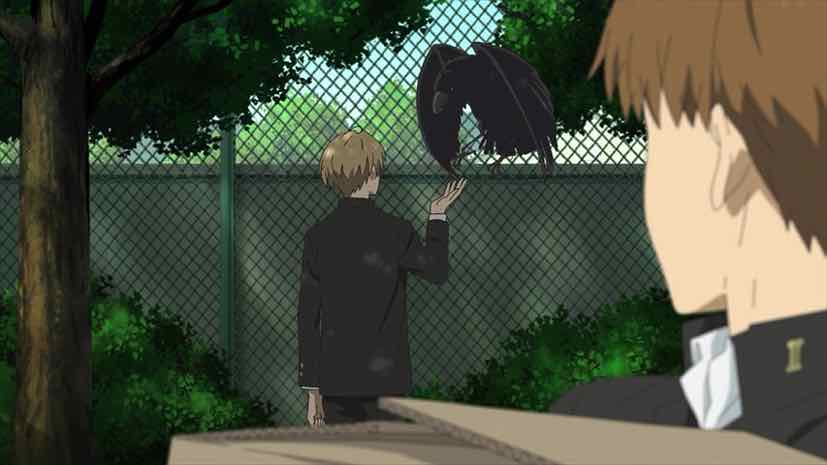 That was a bit of a slow burn, but in the end my favorite Natsume ep of the season. No doubt about it. Atypical for the series in some ways – most obviously in being told from a supporting character’s POV and featuring almost no Natsume or Nyanko-sensei. But also arch-typically simple. And this series is generally at its best when it’s simplest, in my opinion. That’s a balance it strikes most of the time – Midorikawa Yuki certainly knows this material well enough to avoid tripping over her own feet. But sometimes it elevates simplicity to a new level of elegance, and this was one of them.
That was a bit of a slow burn, but in the end my favorite Natsume ep of the season. No doubt about it. Atypical for the series in some ways – most obviously in being told from a supporting character’s POV and featuring almost no Natsume or Nyanko-sensei. But also arch-typically simple. And this series is generally at its best when it’s simplest, in my opinion. That’s a balance it strikes most of the time – Midorikawa Yuki certainly knows this material well enough to avoid tripping over her own feet. But sometimes it elevates simplicity to a new level of elegance, and this was one of them.
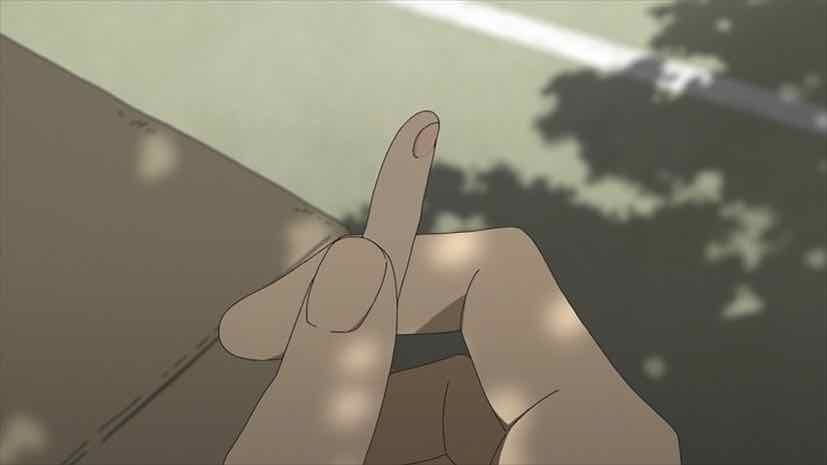 The character in question is Nishimura-kun (he calls Natsume Natsume, but Natsume never calls him “Satoru”). Nishimura is just about the definition of a classic background character. He pops up often, but always as a supporting player in somebody else’s story. He’s a relentlessly positive person and quite taken with Natsume’s oddness. Probably not the most complicated kid in the world, at least going by what we’re allowed to see of him. But an important friend to Natsume because, more than anyone else in his circle, Nishimura represents the “normalcy” Natsume sometimes longs for and knows he will never have.
The character in question is Nishimura-kun (he calls Natsume Natsume, but Natsume never calls him “Satoru”). Nishimura is just about the definition of a classic background character. He pops up often, but always as a supporting player in somebody else’s story. He’s a relentlessly positive person and quite taken with Natsume’s oddness. Probably not the most complicated kid in the world, at least going by what we’re allowed to see of him. But an important friend to Natsume because, more than anyone else in his circle, Nishimura represents the “normalcy” Natsume sometimes longs for and knows he will never have.
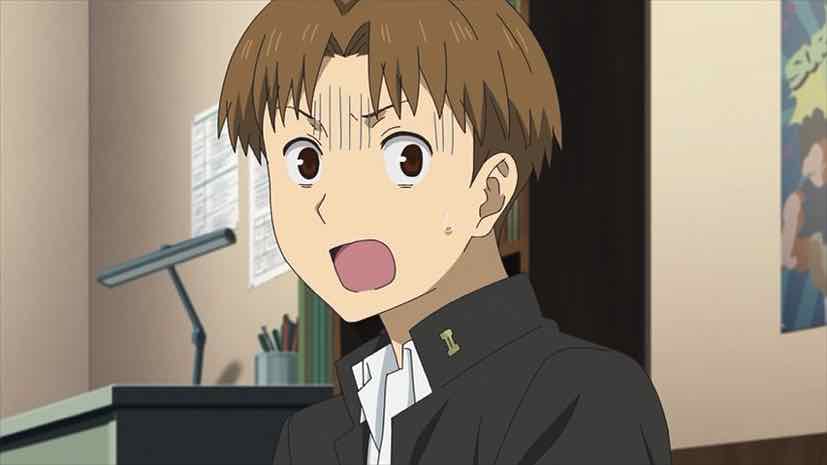 This episode is basically what happens when Natsume gives Nishimura the finger. Or rather, the crow Nishimura sees Natsume arguing with (which he doesn’t seem nearly as surprised by as he should be) drops and he picks up. That’s sort of creepy anyway (that’s just for starters). But as Natsume has run off after the crow, Nishimura pockets the digit in case it was important. That night Natsume appears at his (second floor) window, asking to see the finger. And while it’s pretty crystal clear that something is off about this Natsume, Nishimura just plays right along.
This episode is basically what happens when Natsume gives Nishimura the finger. Or rather, the crow Nishimura sees Natsume arguing with (which he doesn’t seem nearly as surprised by as he should be) drops and he picks up. That’s sort of creepy anyway (that’s just for starters). But as Natsume has run off after the crow, Nishimura pockets the digit in case it was important. That night Natsume appears at his (second floor) window, asking to see the finger. And while it’s pretty crystal clear that something is off about this Natsume, Nishimura just plays right along.
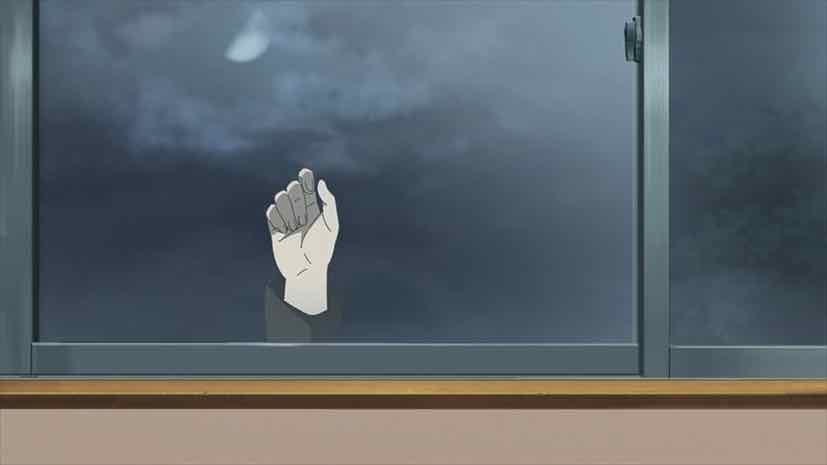 Nishimura comes to look forward to these weird nightly visits from “Natsume”. And it’s not hard to see why. He’s resolutely outside the circle of knowledge when it comes to the other world Natsume inhabits, but clearly he senses that it exists (and that he’s left out of it). He likes sharing a secret with Natsume and having a sort of bubble of reality only they inhabit. Again Nishimura is not the most analytical or observant person in the world, but does he really not sense something is weird about his friend? Or does he just prefer to pretend his doesn’t so he can keep having this Natsume all to himself?
Nishimura comes to look forward to these weird nightly visits from “Natsume”. And it’s not hard to see why. He’s resolutely outside the circle of knowledge when it comes to the other world Natsume inhabits, but clearly he senses that it exists (and that he’s left out of it). He likes sharing a secret with Natsume and having a sort of bubble of reality only they inhabit. Again Nishimura is not the most analytical or observant person in the world, but does he really not sense something is weird about his friend? Or does he just prefer to pretend his doesn’t so he can keep having this Natsume all to himself?
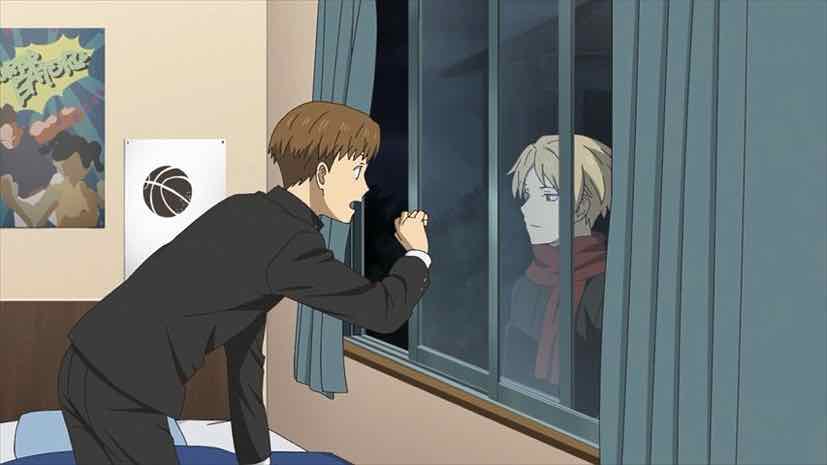 Natsume at some point realizes that something is weird in the other direction, at least (is that the reason Nyanko-sensei was at school spying on them?). One night Nishimura’s night visitor finally ups the ante, telling him to join him for a walk. He leads Nishimura to an abandoned house and takes him inside, singing the odd song he’s been lapsing into. And on the second floor a doll lies on the floor, apparently having been molested by a crow.”Natsume” instructs Nishimura to return the finger to its rightful place on the doll, and suddenly we’re in every other horror movie from the 90s.
Natsume at some point realizes that something is weird in the other direction, at least (is that the reason Nyanko-sensei was at school spying on them?). One night Nishimura’s night visitor finally ups the ante, telling him to join him for a walk. He leads Nishimura to an abandoned house and takes him inside, singing the odd song he’s been lapsing into. And on the second floor a doll lies on the floor, apparently having been molested by a crow.”Natsume” instructs Nishimura to return the finger to its rightful place on the doll, and suddenly we’re in every other horror movie from the 90s.
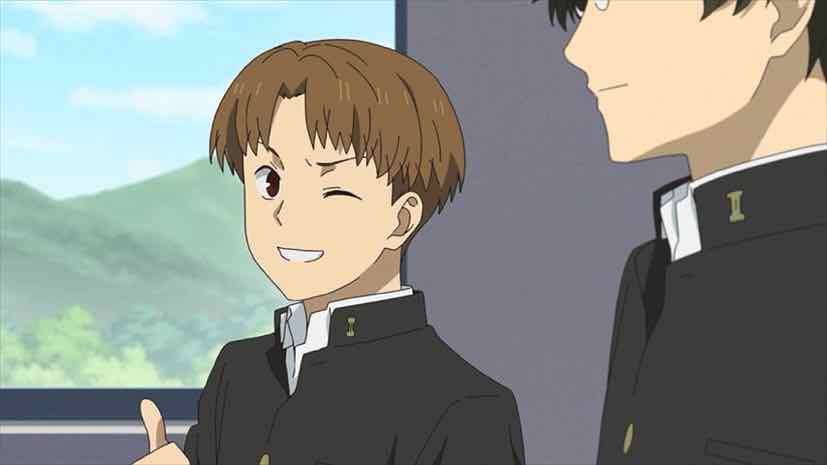 It falls to Nyanko-sensei to explain what happened – after the perspective finally shifts off Nishimura. And that’s a reminder of how difficult it is for the series to exposit in its normal fashion with a muggle like Nishimura at the helm. The Doll projected its psyche to Nishimura, wanting its finger back. It waited until the night of the full moon, Nyanko theorizes because it would then be at its strongest, and planned to eat Nishimura. But Nishimura’s earnest transparency seems to have changed its heart, because the doll winds up saving Nishimura when he’s about to fall down the stairs in terror.
It falls to Nyanko-sensei to explain what happened – after the perspective finally shifts off Nishimura. And that’s a reminder of how difficult it is for the series to exposit in its normal fashion with a muggle like Nishimura at the helm. The Doll projected its psyche to Nishimura, wanting its finger back. It waited until the night of the full moon, Nyanko theorizes because it would then be at its strongest, and planned to eat Nishimura. But Nishimura’s earnest transparency seems to have changed its heart, because the doll winds up saving Nishimura when he’s about to fall down the stairs in terror.
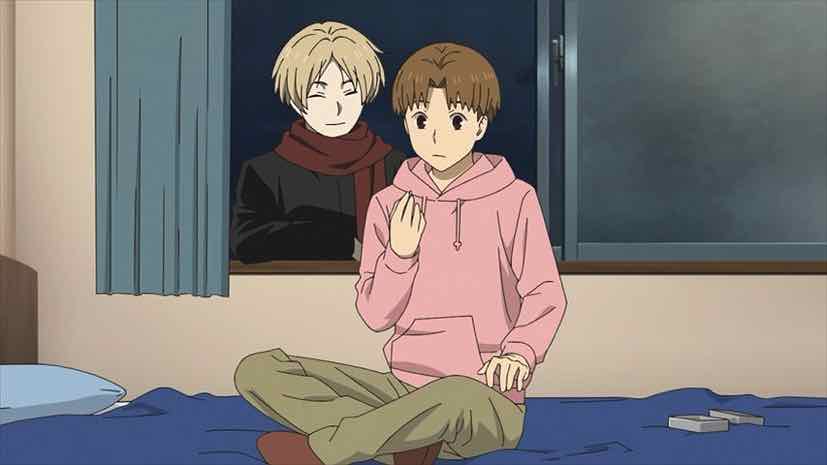 A simple story indeed – befitting its protagonist. But there are a lot of subtleties to this. It’s a reminder to Natsume that like it or not, being close to him represents a potential danger for normal humans. He craves what they have but can never have it – but he can draw them into the world he inhabits, and it’s not a safe place for them. Nishimura is someone whose innocence Natsume would like to protect, but the best way to do that would be to have nothing to do with him. There’s a quiet melancholy to that, just as there is to an old doll singing a song a child who will never return once sang to it, and spending its days alone in a derelict old house. No wonder Nishimura was able to move its soul.
A simple story indeed – befitting its protagonist. But there are a lot of subtleties to this. It’s a reminder to Natsume that like it or not, being close to him represents a potential danger for normal humans. He craves what they have but can never have it – but he can draw them into the world he inhabits, and it’s not a safe place for them. Nishimura is someone whose innocence Natsume would like to protect, but the best way to do that would be to have nothing to do with him. There’s a quiet melancholy to that, just as there is to an old doll singing a song a child who will never return once sang to it, and spending its days alone in a derelict old house. No wonder Nishimura was able to move its soul.


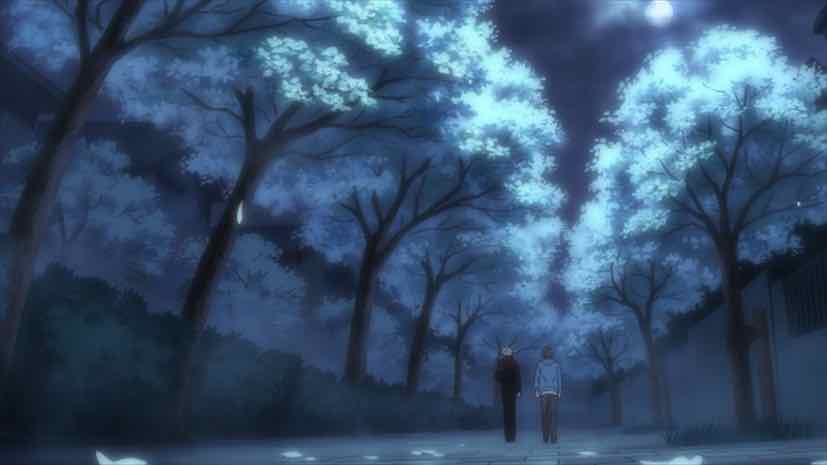
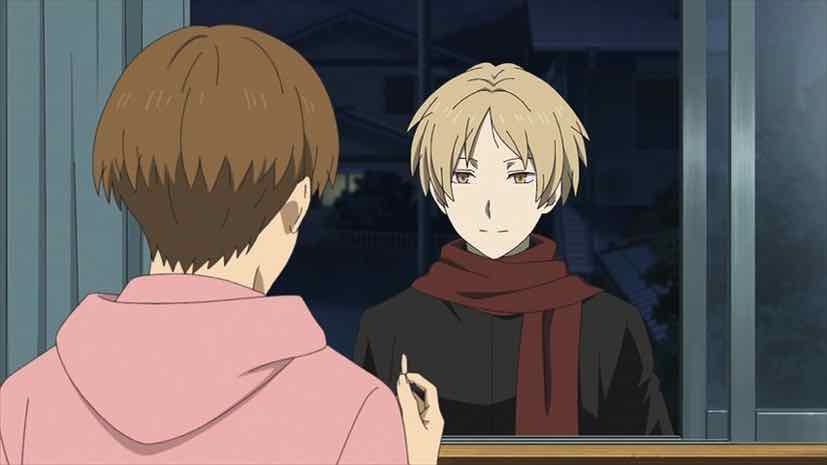
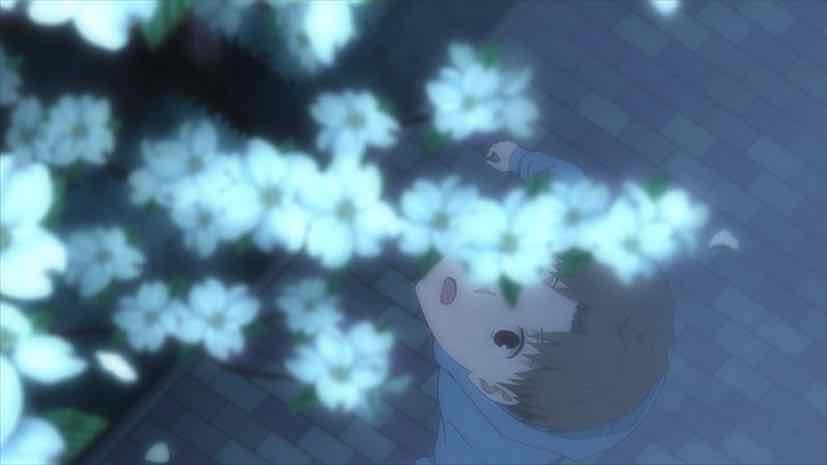
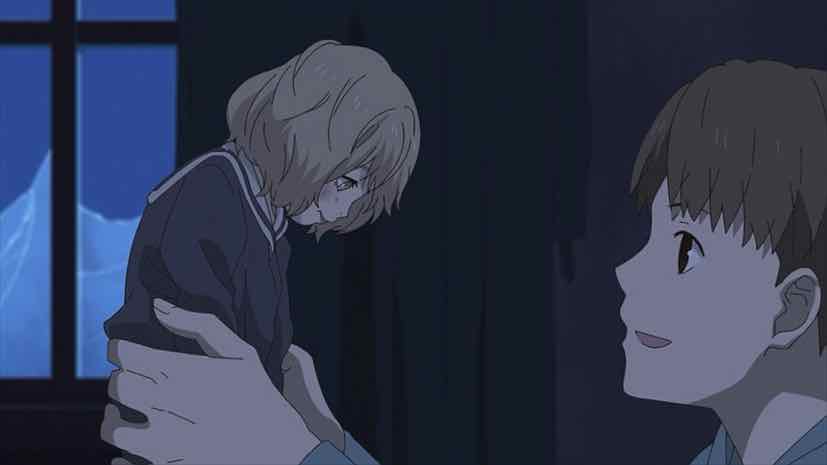
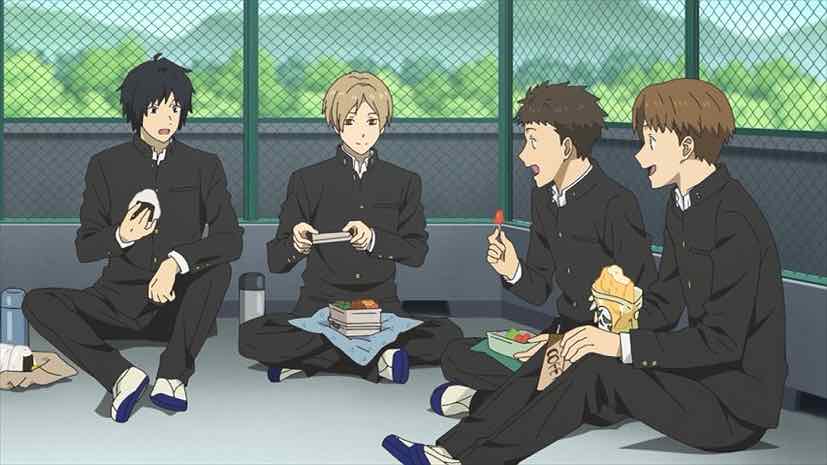
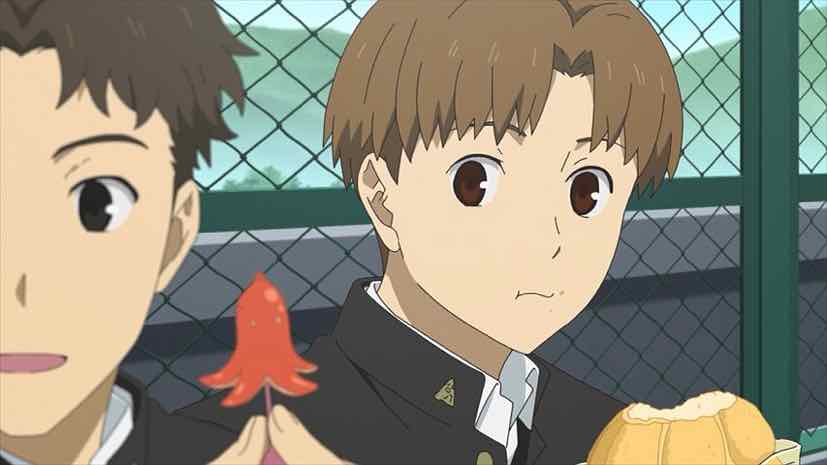
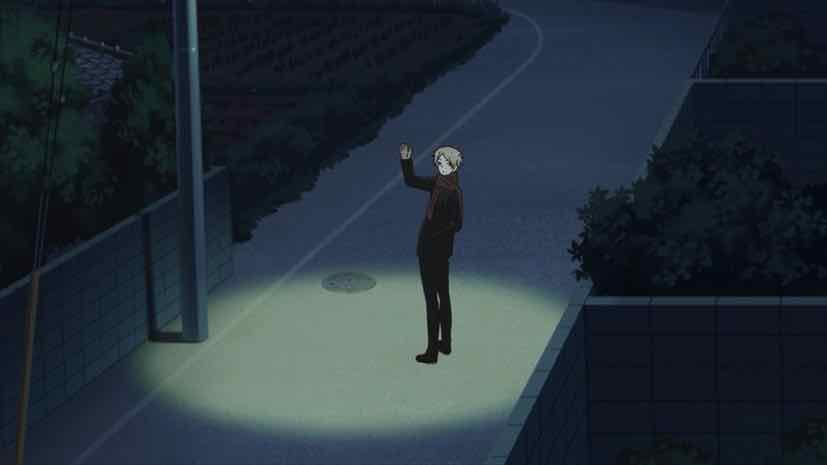
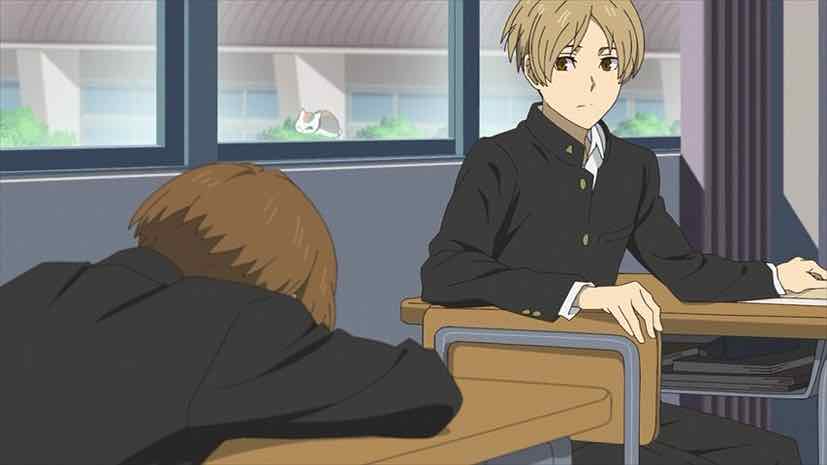
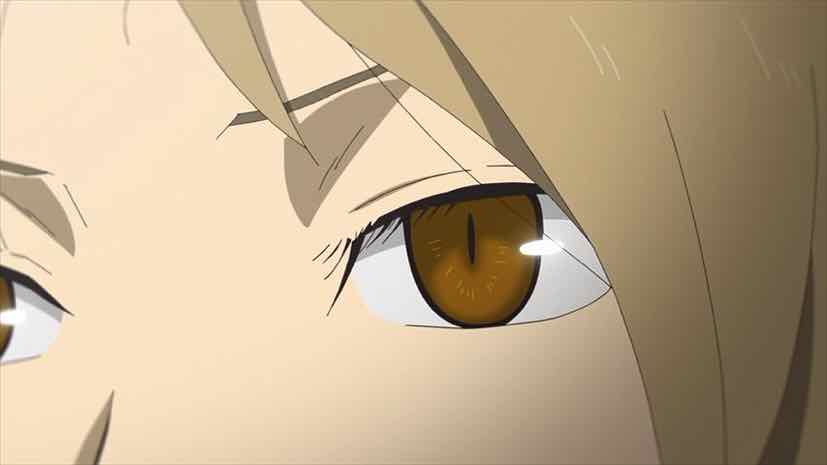
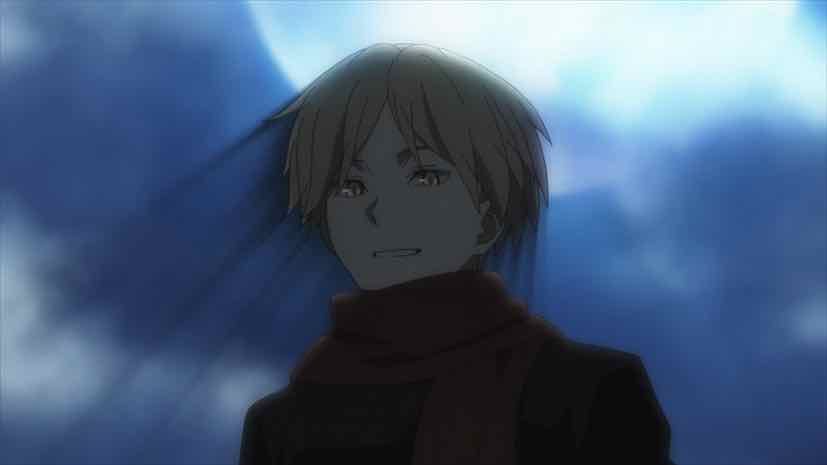
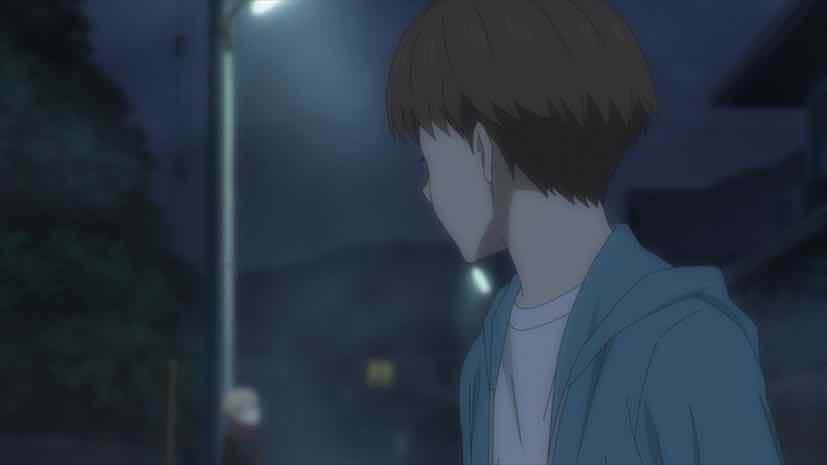
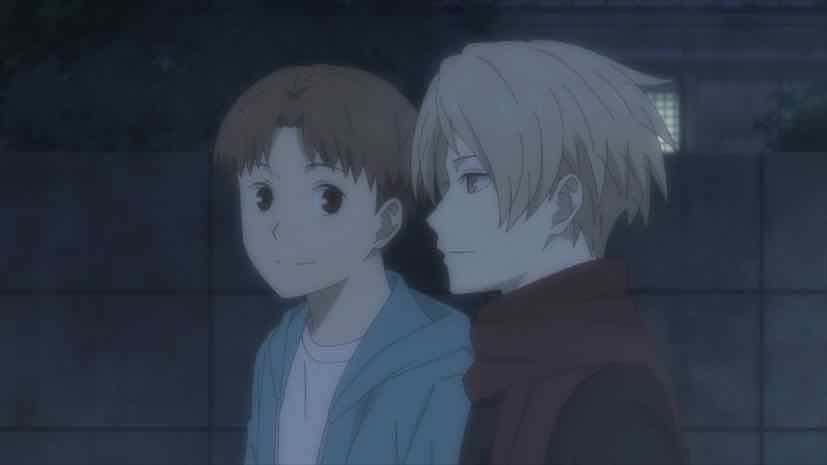
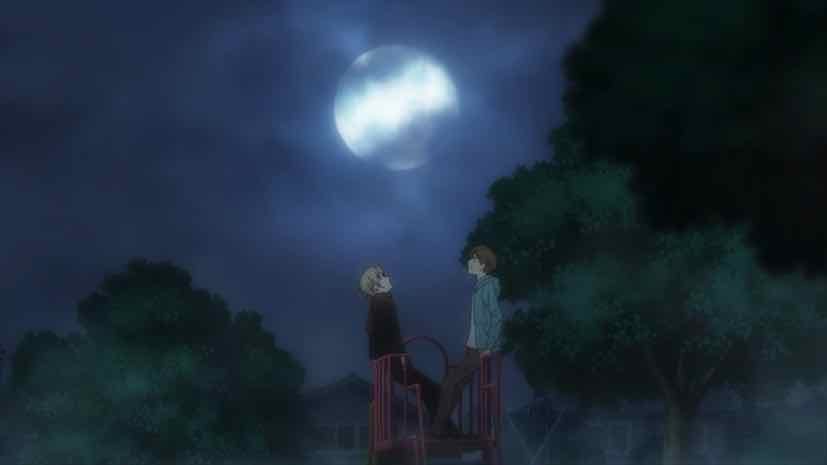
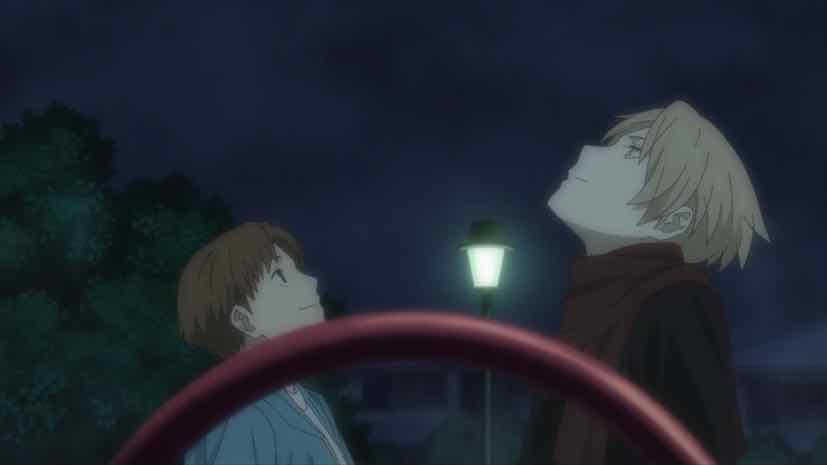
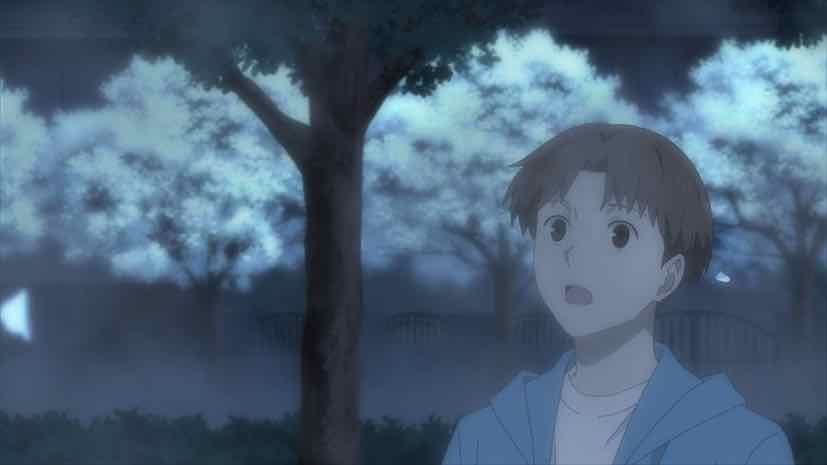
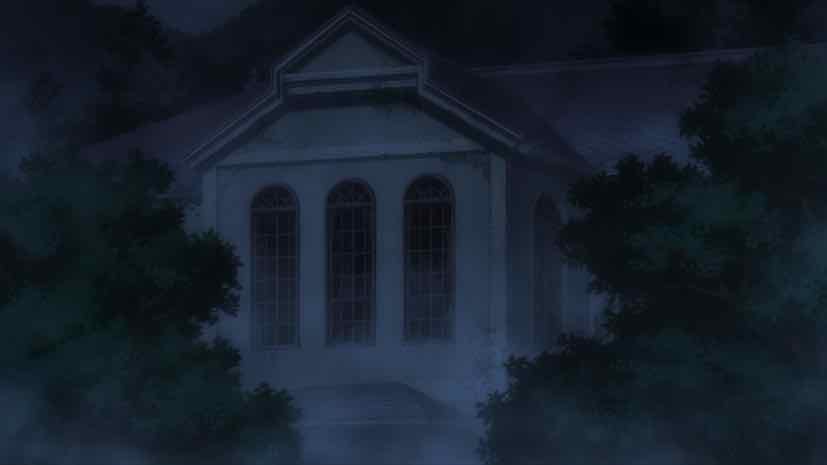
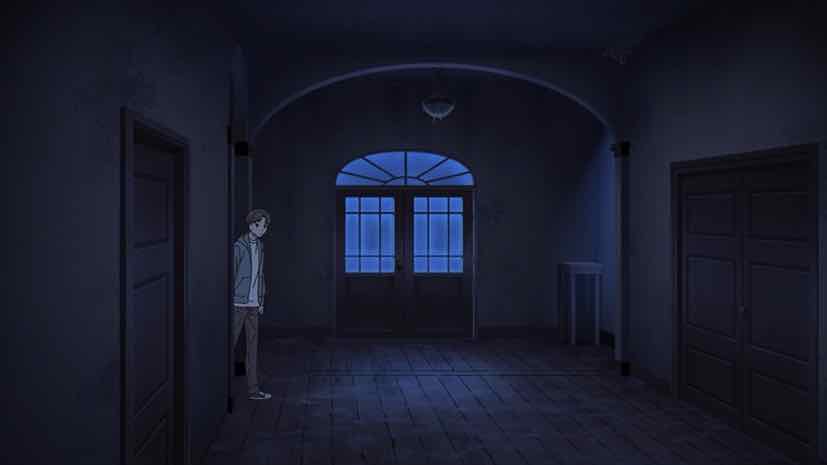
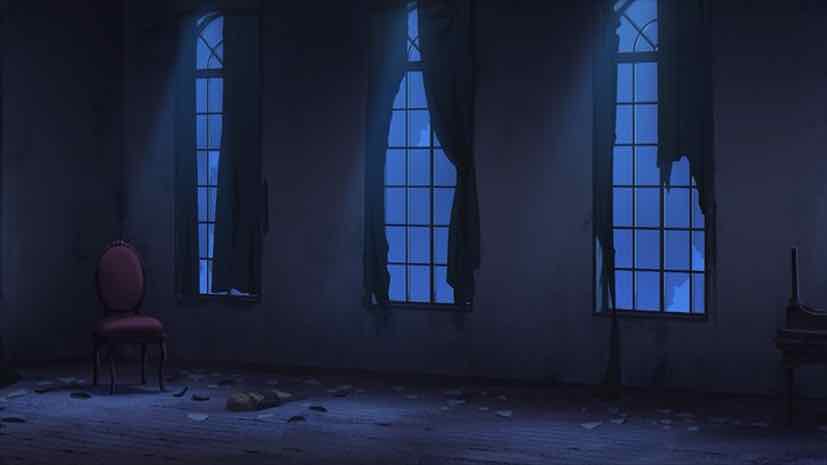
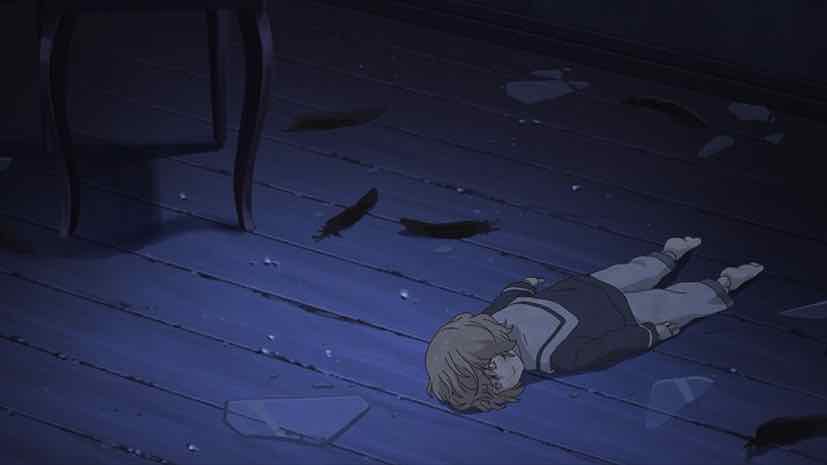
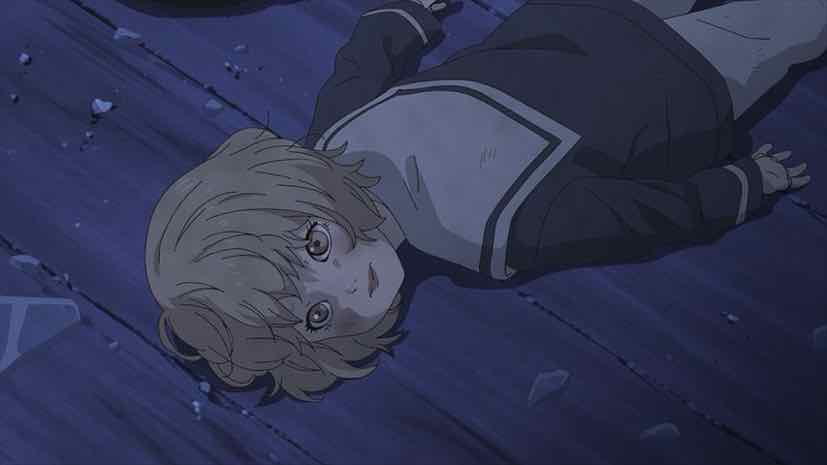
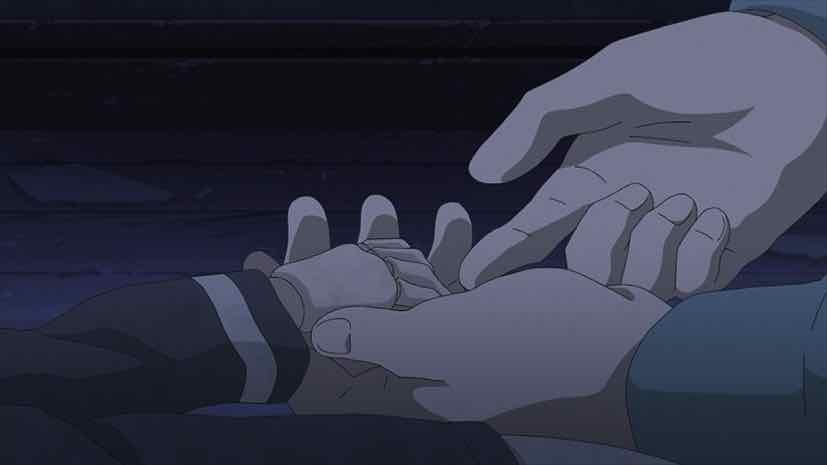
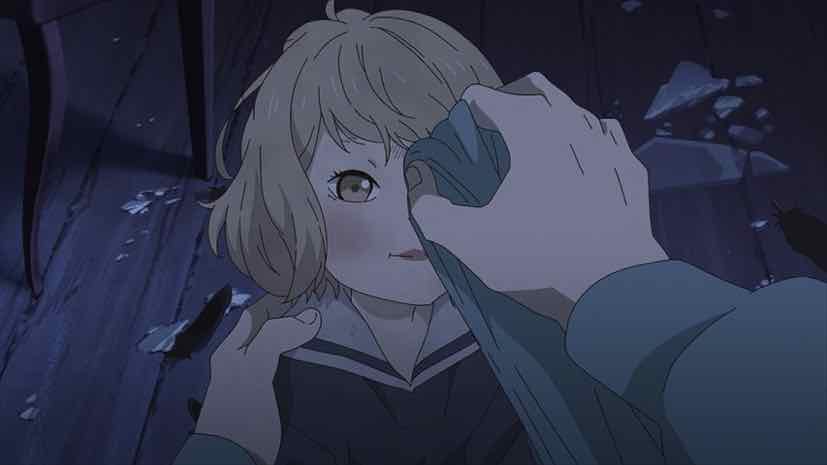
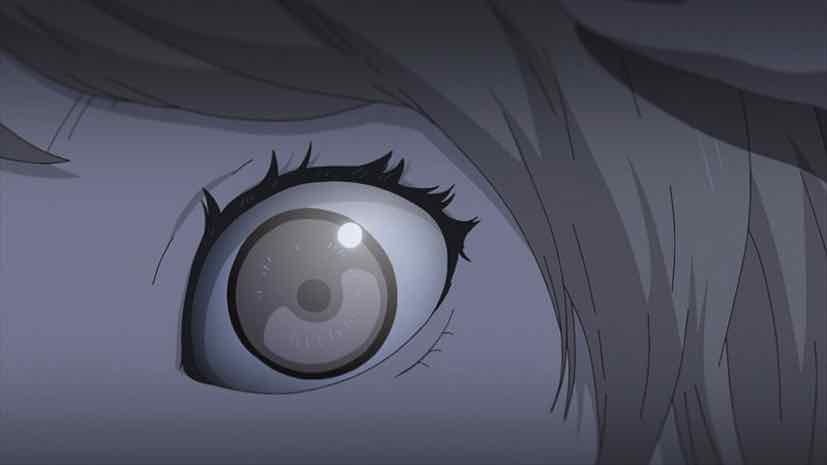
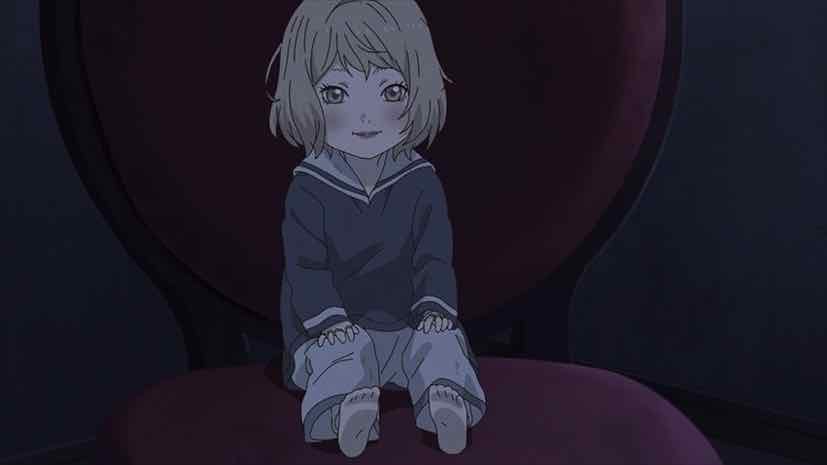
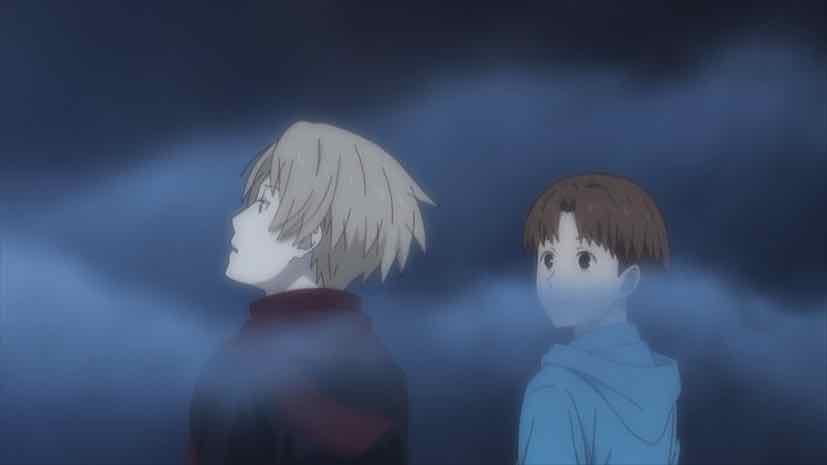
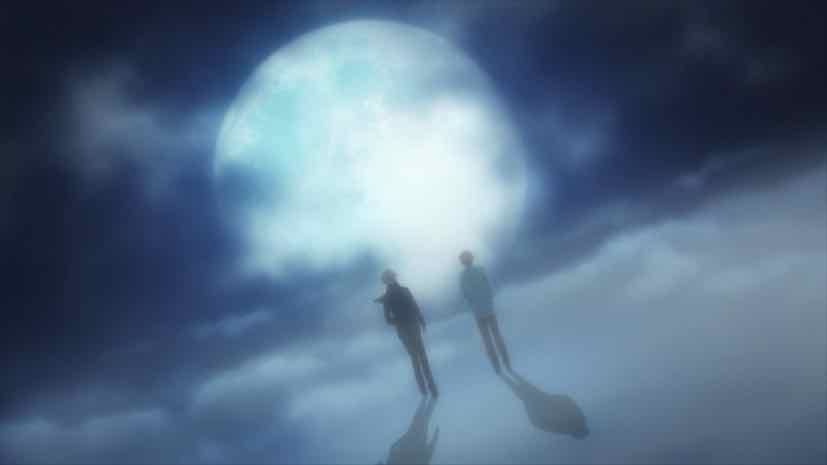
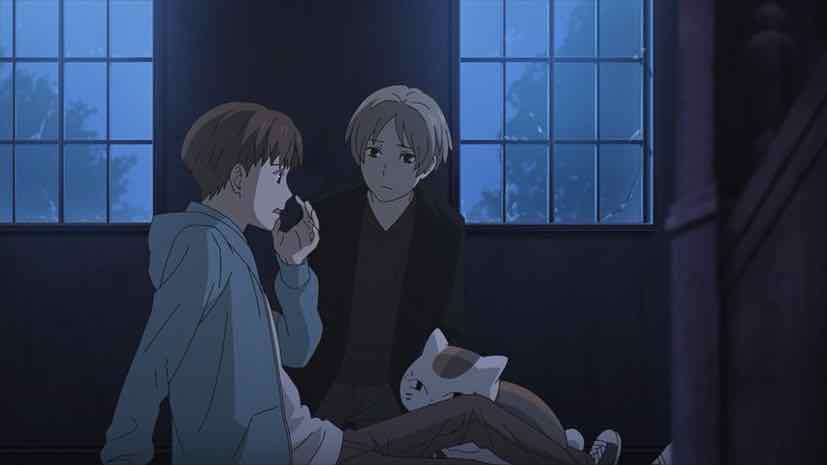
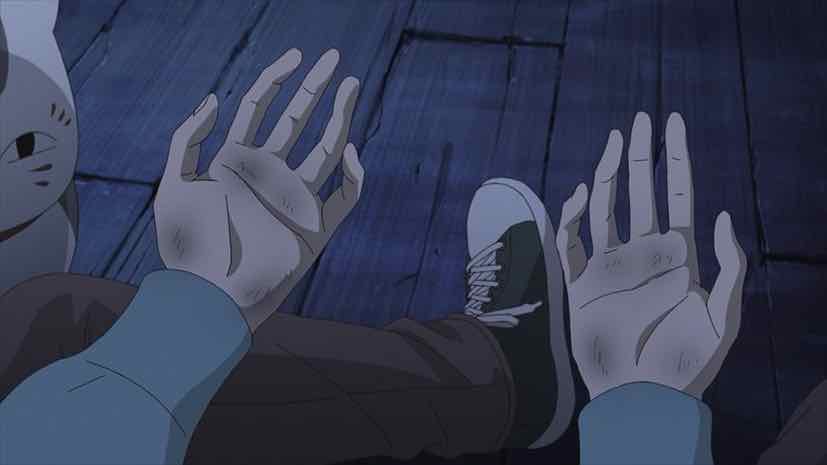
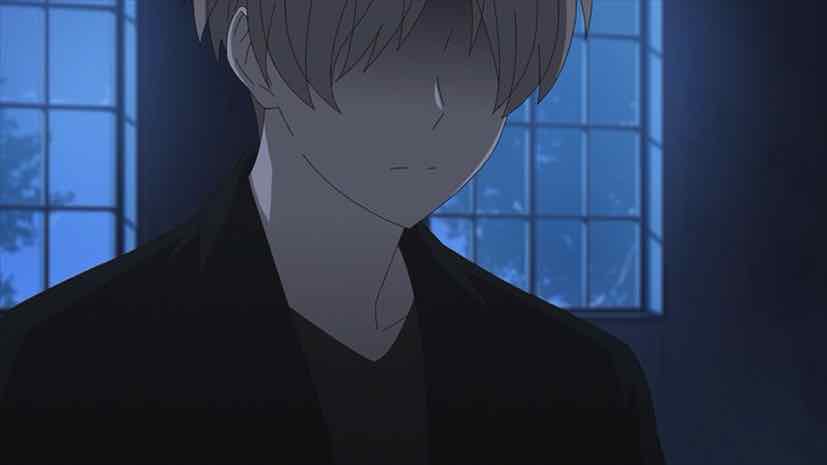
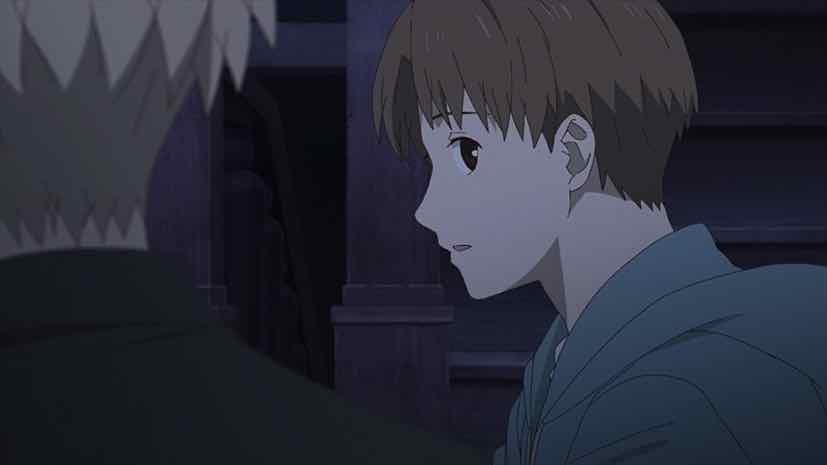
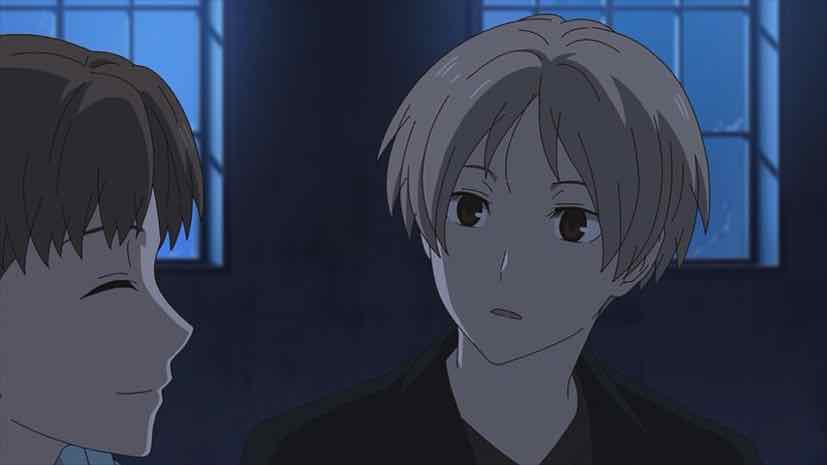
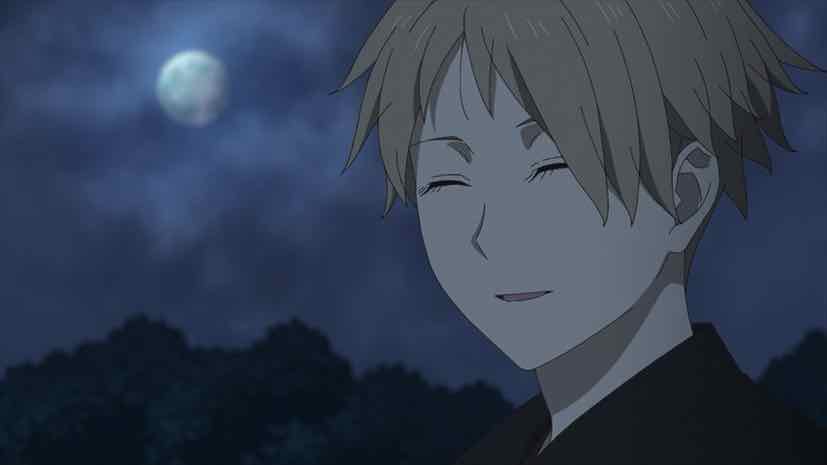

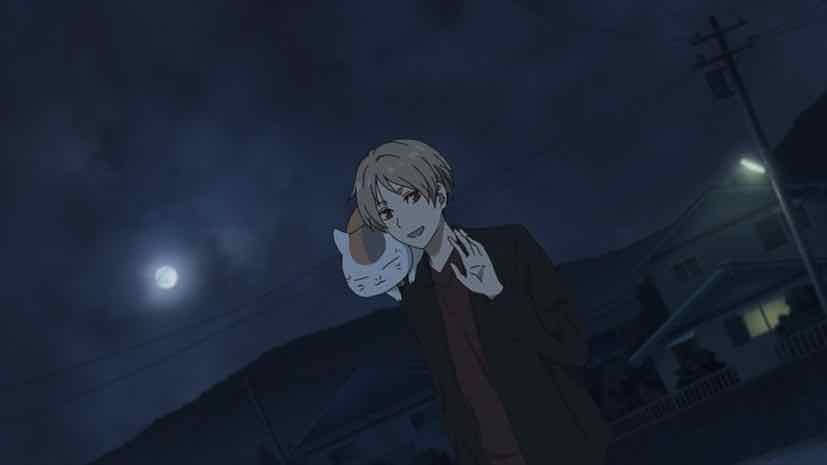
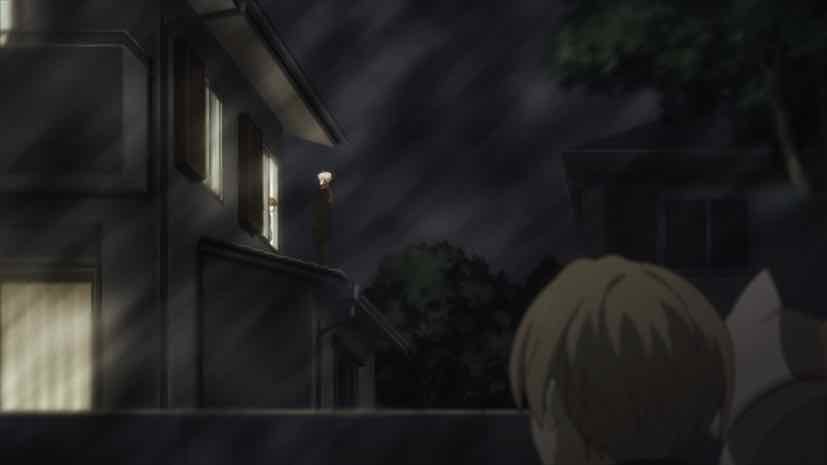
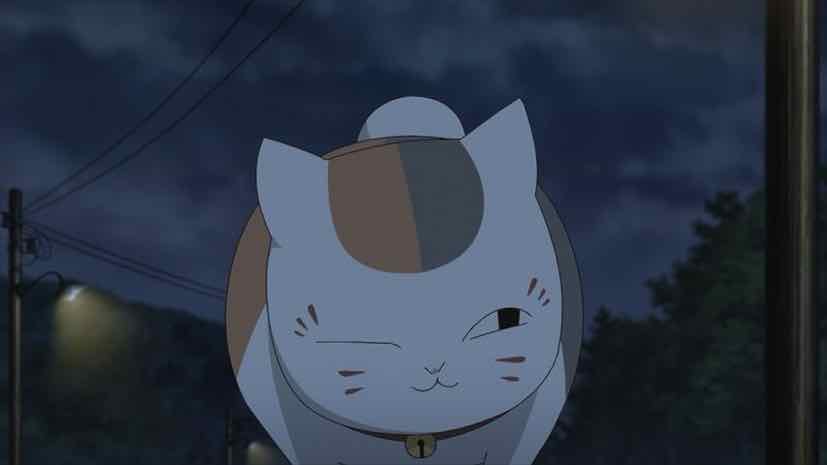
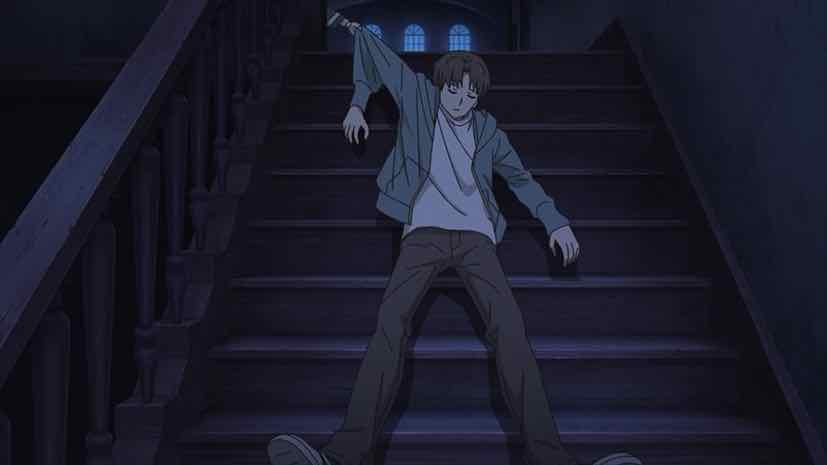
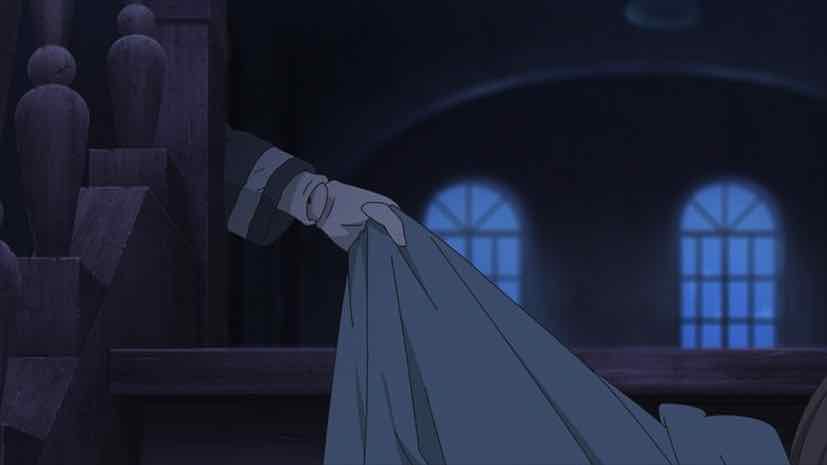
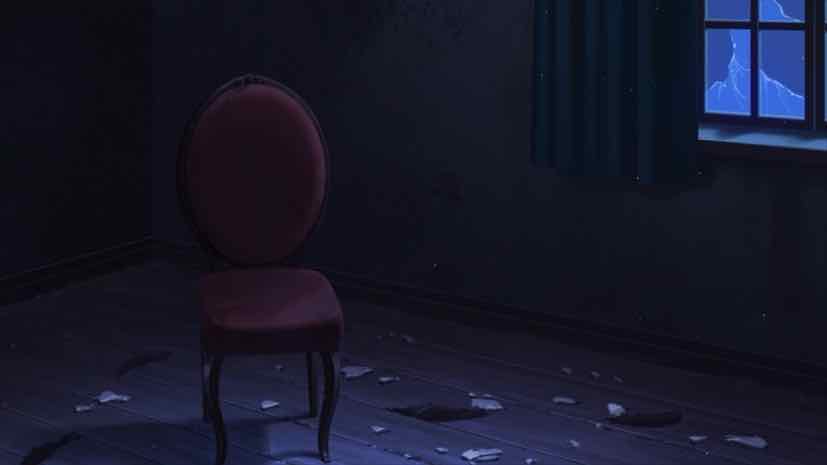
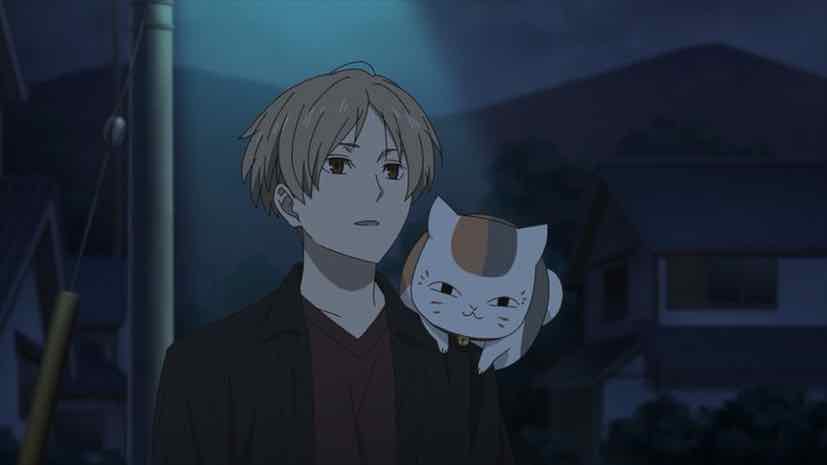
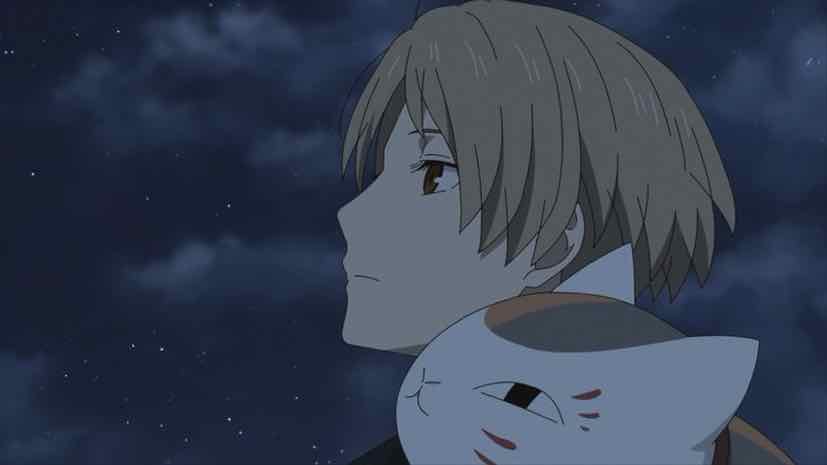
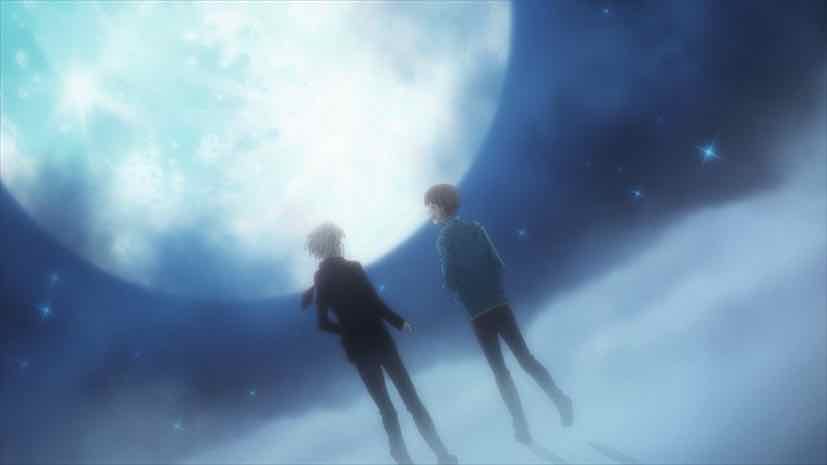

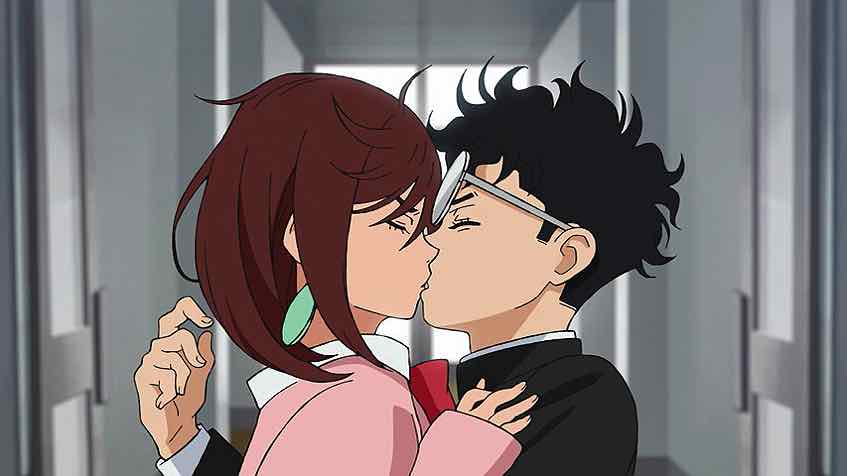
Misty Oak
November 29, 2024 at 3:26 pmThis was my favorite chapter of the entire manga, I don’t know why but I kept rereading it.
Guardian Enzo
November 29, 2024 at 7:10 pmLike I said, best ep of the season for me.
Yann
December 8, 2024 at 12:28 pmBest episode of the season, and best review too! Very nice, very nice…